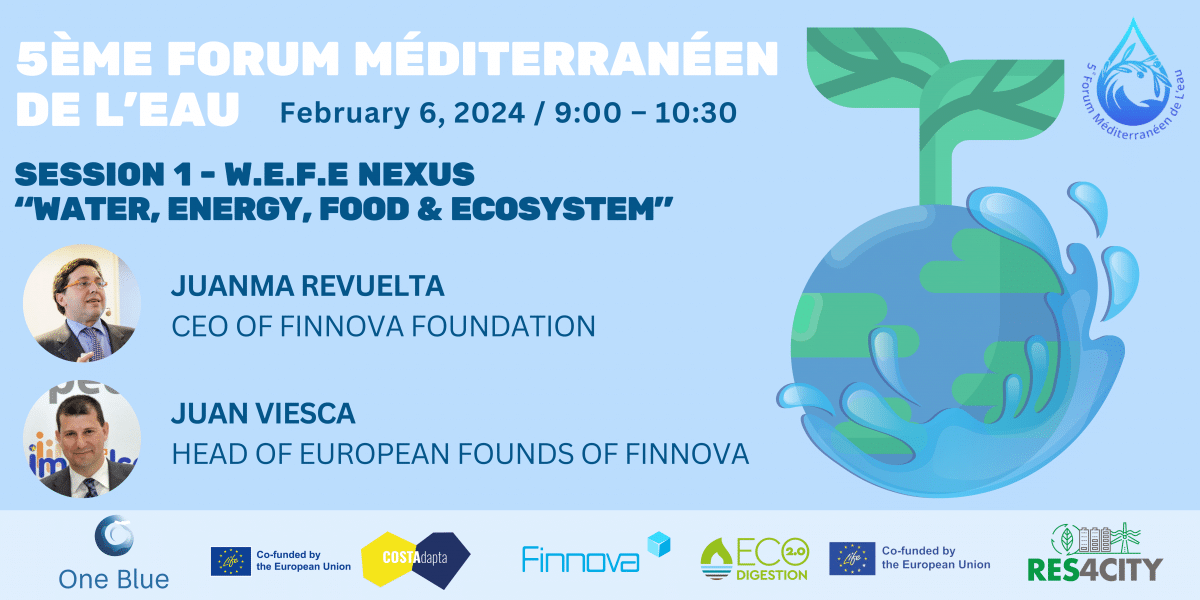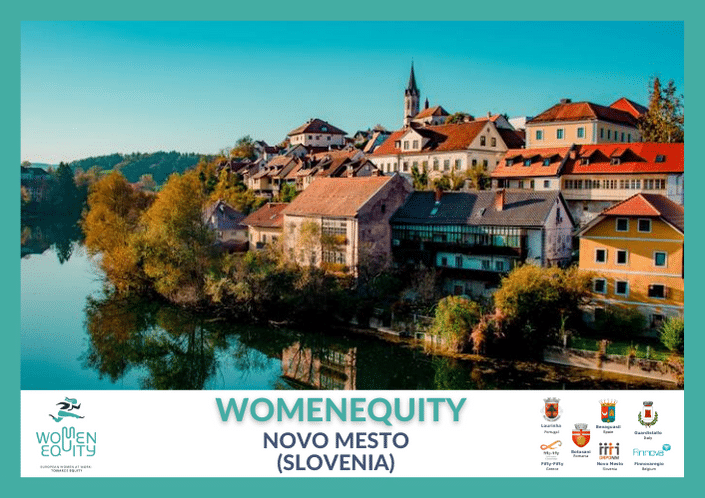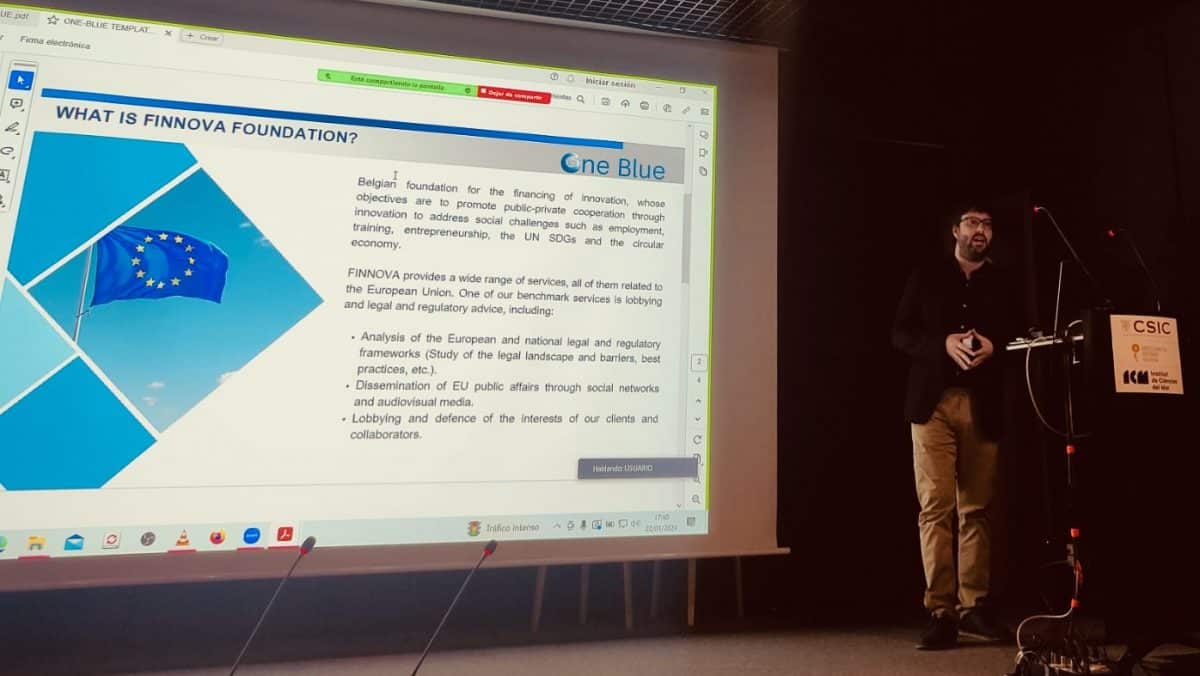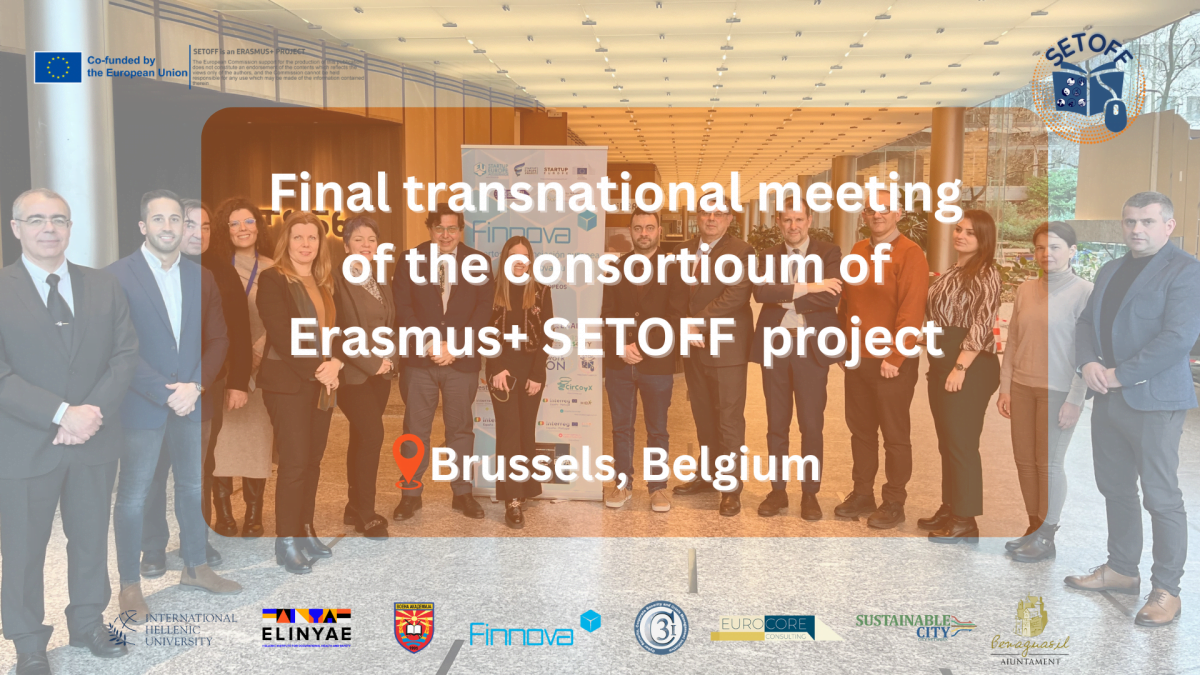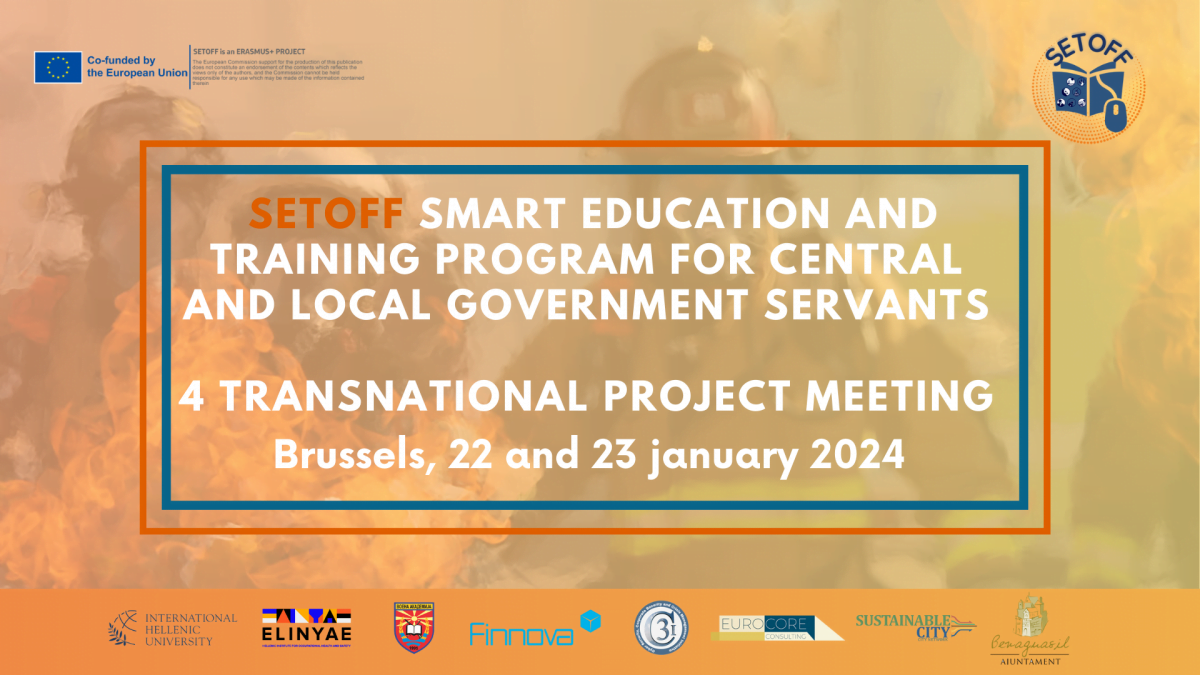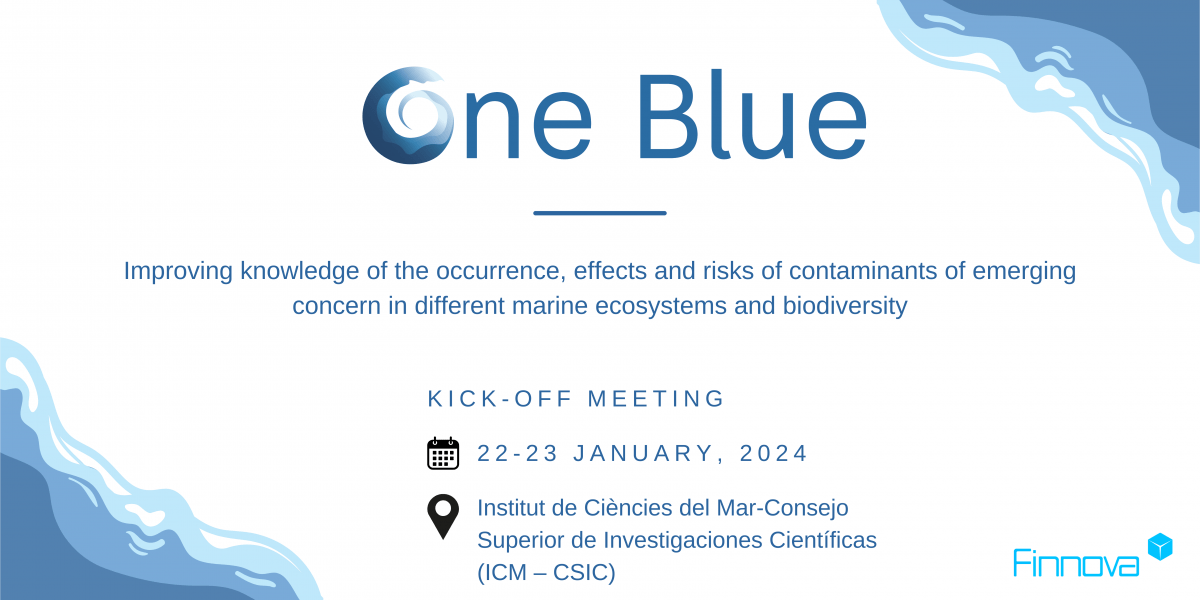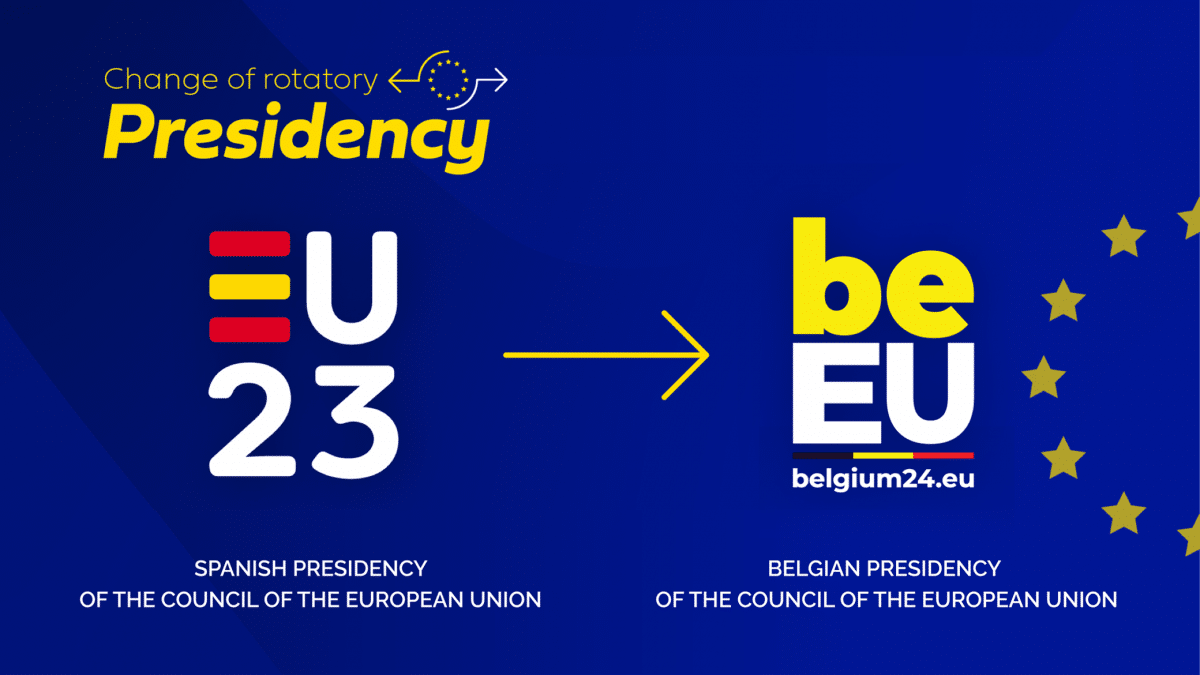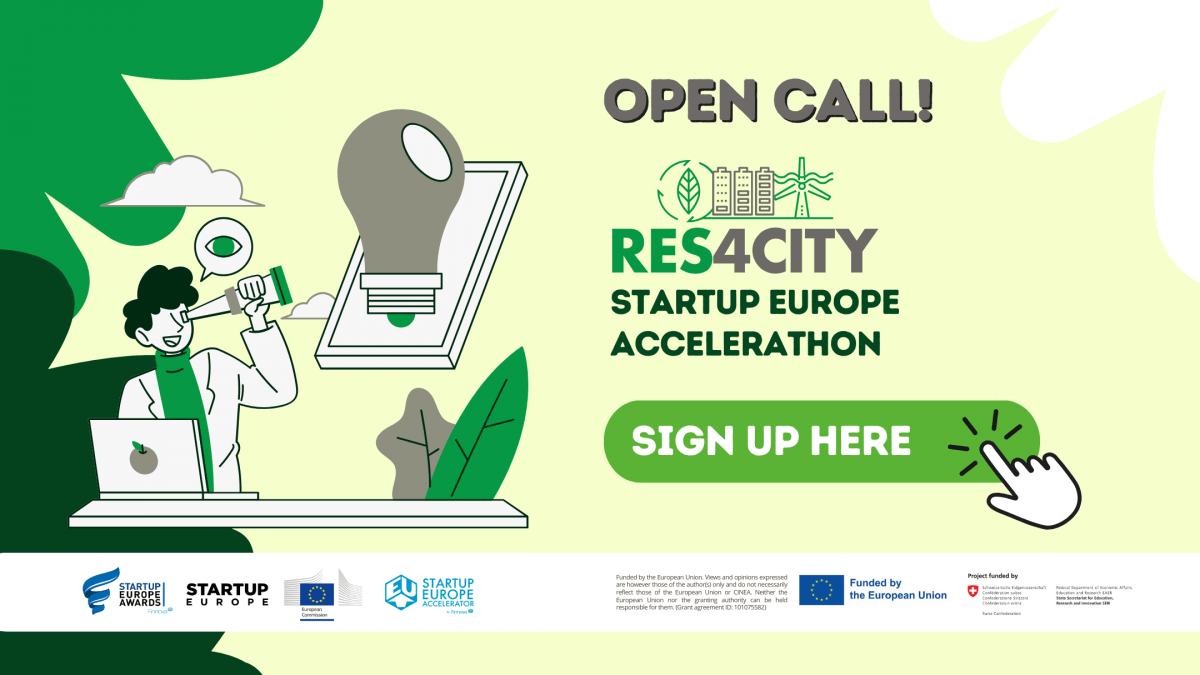- The Forum, held in Tunis, is a platform open to all stakeholders interested in efficient and sustainable water management in the Mediterranean region.
- The Foundation will present LIFE ECOdigestion 2.0, Horizon ONE-BLUE, Horizon RES4CITY and LIFE COSTAdapta.
- The projects can be scalable to other regions and European programs.
05/02/2023, Bruselas. The Finnova Foundation will attend this week, from 5 to 7 February, the V. Mediterranean Water Forum to be held in Tunis to present the projects related to water and climate change of which it is a partner. The Forum will be a unique opportunity to meet professionals from different countries sharing their knowledge, experiences and ideas to find innovative solutions to water related challenges.
Finnova will have a stand to showcase projects related to water management and protection, and on Tuesday, February 6 from 9:00 to 10:30 am (CET), will participate in the session “WEFE Nexus: Water/Energy/Food/Environment”. Finnova Foundation CEO Juanma Revuelta and European Funds Director Juan Viesca will present a total of 4 projects: LIFE ECOdigestion 2.0, Horizon ONE-BLUE, Horizon RES4CITY and LIFE COSTAdapta.
European projects
LIFE ECOdigestion 2.0 is a project financed by the LIFE program and budgeted at 970,000 euros, whose objective is to generate biogas by mixing putrescible organic waste, thus transforming sewage sludge into green energy through technology. The initiative led by Global Omnium, (Spain), in collaboration with the Finnova Foundation (Belgium) and Águas do Centro Litoral (Portugal), favors the reduction of greenhouse gas emissions and the use of sewage sludge generated in wastewater treatment processes, thus achieving a positive impact on the environment.
Horizon ONE-BLUE focuses on research into emerging pollutants and the effects of climate change on marine biodiversity and biota. The project is funded by the Horizon Europe program and has a budget of more than €6,200,000 to carry out case studies in the Atlantic Ocean, the Arctic and the Mediterranean Sea. Precisely, the samples in the latter case will be taken on the Spanish coast, in the Tyrrhenian, Adriatic, Ionian and Aegean Seas. In addition, the project may be scalable in other countries and through other European programs, such as the Interreg Next Med call, which aim to create projects that make the Mediterranean a smarter region.
Another of the projects that will be present will be Horizon RES4CITY, which focuses on the presence of education systems at the center of the ecological transition. RES4CITY, funded by the Horizon program and with a budget of €2.5 million, is focused on educational support for the development of sustainable renewables in urban environments. On the other hand, the RES4CITY STARTUP EUROPE ACCELERATHON will also be presented, an open competition that seeks entrepreneurs, students, researchers, … who propose innovative solutions to challenges on hydrogen, land management and energy conservation.
Finally, LIFE COSTAdapta focuses on the adaptation of the coast of Gran Canaria to sea level rise through the design of an innovative and progressive tidal pool-reef system. This methodology is inspired by the traditional technique of tidal pool construction, common elements in the Canary Islands and the rest of Macaronesia, for the coastal adaptation of Gran Canaria to climate change. This project is funded by the LIFE program and has a budget of more than €3,400,000.
The Tunis Days is a platform open to all stakeholders in water management in the Mediterranean region, which will bring together a variety of solutions for efficient and sustainable water management by providing innovative solutions. Participants will establish important contacts with water management professionals and innovative projects, technologies and practices developed in the Mare Nostrum will be presented.
Finnova, with the water protection
All these projects to be presented at the Mediterranean Water Forum are aligned with Next Water Generation, Finnova Foundation’s initiative for the dissemination of information related to water management and protection. Furthermore, these initiatives are aligned with Sustainable Development Goals 13 (Climate Action) and 14 (Underwater Life).
The CEO of the Finnova Foundation, Juanma Revuelta, explains that the objective of attending this type of event lies in the search for the sustainability factor in projects and scaling them with initiatives that obtain funding from other funds. Some of the calls to which these projects can be scaled may be the Interreg Next Med lines (ends March 30), projects that promote triangular cooperation with Latin America or calls for the LIFE program.
In addition to this forum, Finnova will attend in the coming months to events related to the care and management of water, such as Wex Global, Green Cities or Island Innovation. Finnova’s participation in these events demonstrates the paramount importance for the Foundation of water management, the fight against climate change in marine environments and the defense of marine biodiversity. Finnova reinforces a commitment of more than a decade with these causes and with the protection of the environment in all its fields.
About FINNOVA
FINNOVA is the Spanish-Belgian non-profit foundation based in Brussels and Spain, working for the promotion and development of innovation and entrepreneurship in the EU. FINNOVA’s experience in leading communication and dissemination activities of European projects is combined with a solid proven track record in business creation and entrepreneurship support programs, such as accelerators, incubators and events, as well as its commitment to training and employability of young people.

